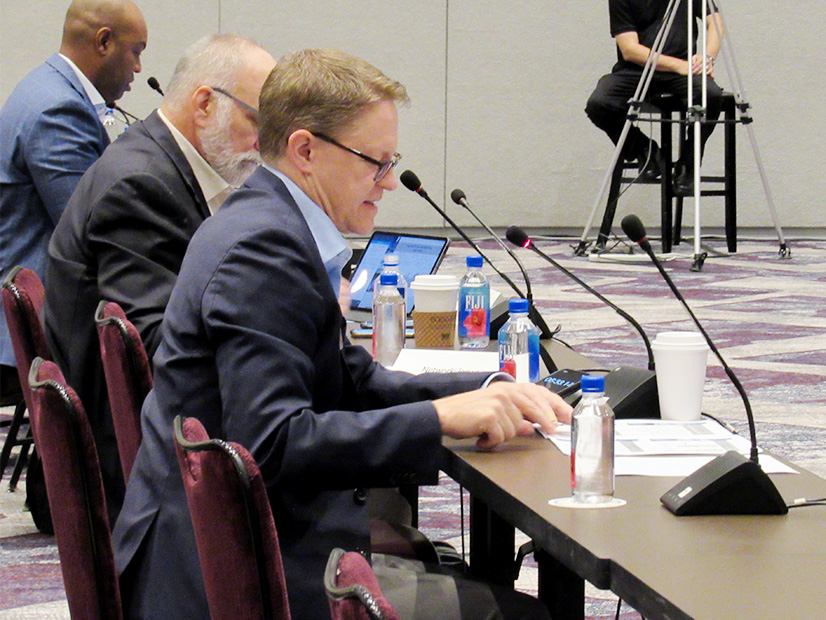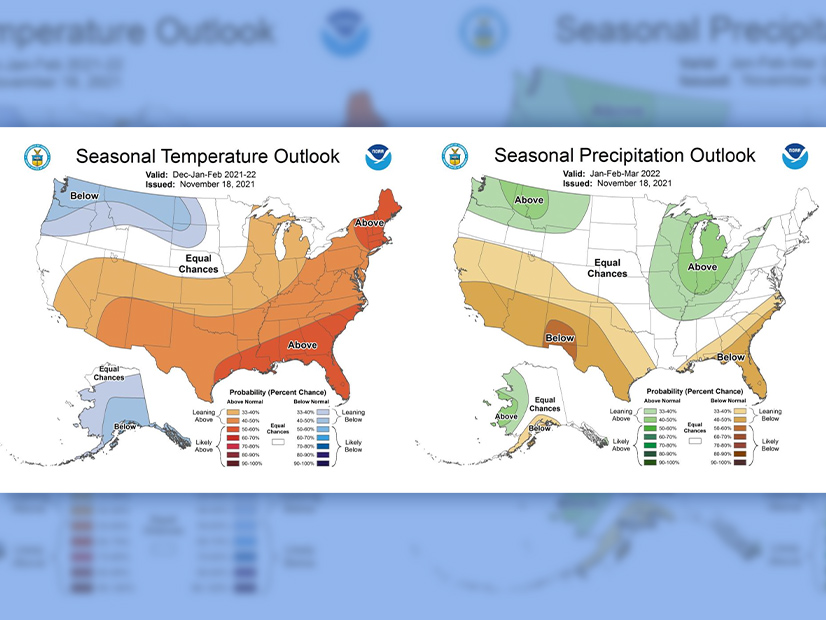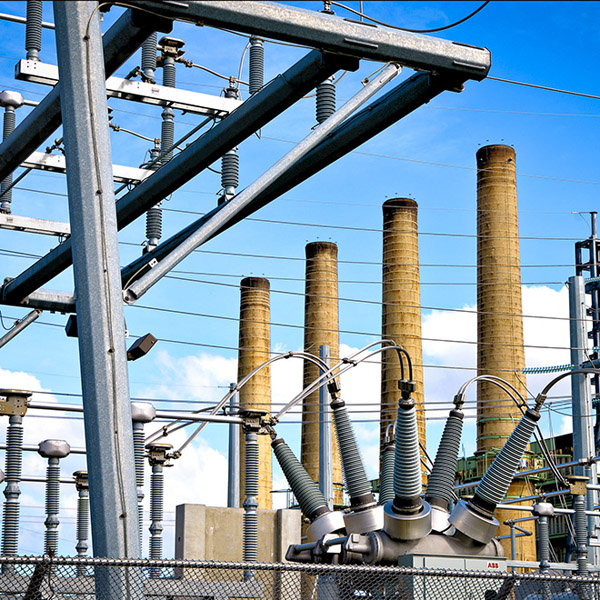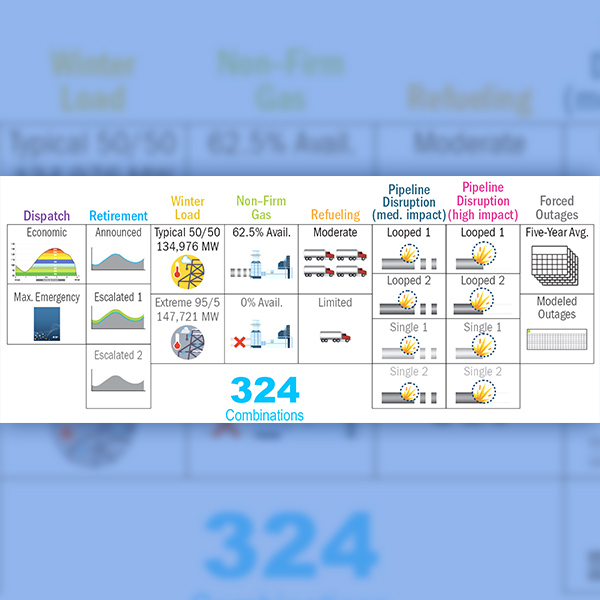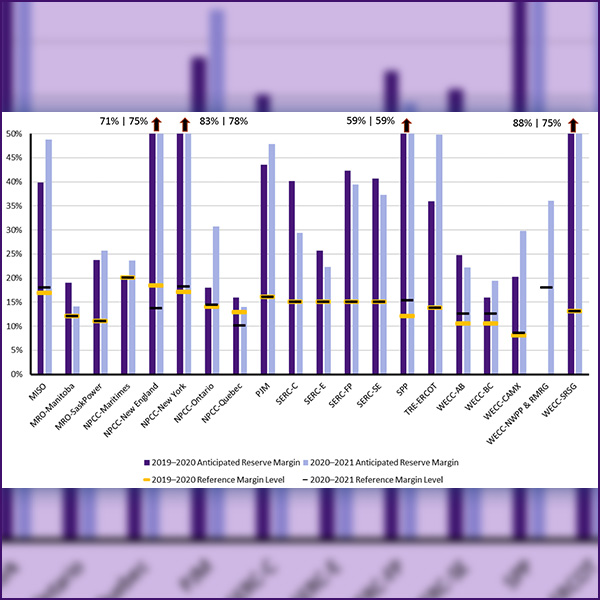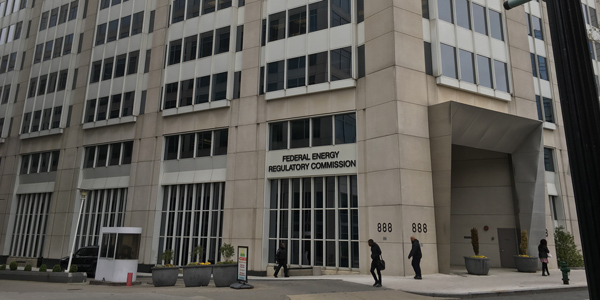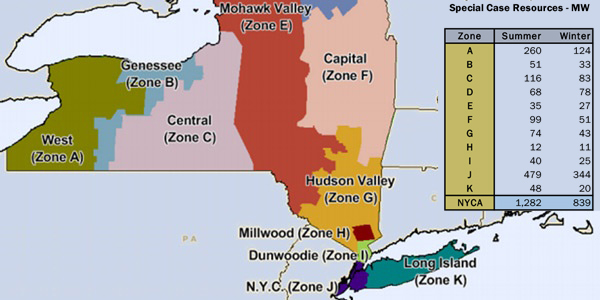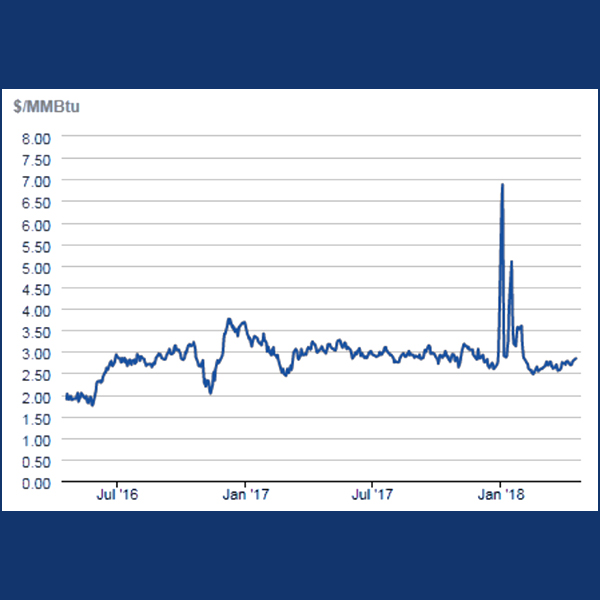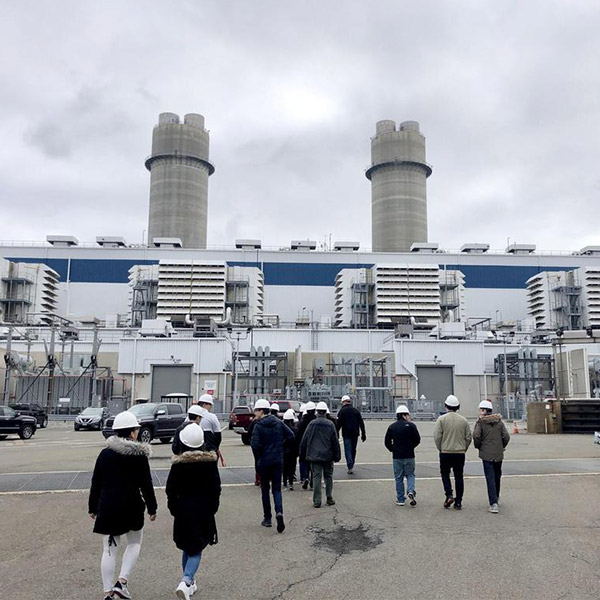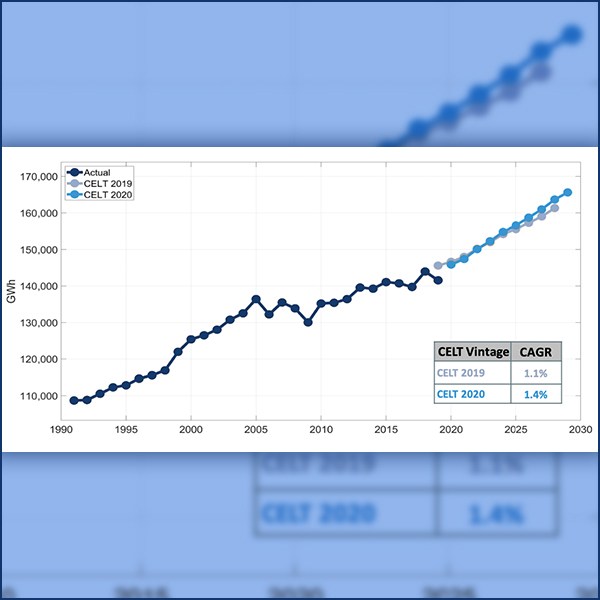fuel security
MISO raised alarm bells about soaring forced outages should a severe arctic blast descend on the footprint this winter.
Limited fuel supplies put the New England grid at heightened risk of emergency actions — including controlled outages — this winter, ISO-NE said.
The PJM Markets and Reliability Committee endorsed a series of temporary manual changes regarding minimum fuel requirements during emergency operations.
Stakeholders challenged PJM on the methodology the RTO used in its 2021 fuel security analysis, saying it may not be capturing all risks from severe weather.
Extreme weather poses the greatest risk to grid reliability for the winter months, according to NERC’s Winter Reliability Assessment.
ISO-NE asked FERC if it could seek its direction to improve its fuel security after the commission rejected the RTO’s ESI market design.
NYISO is pausing its Comprehensive Mitigation Review project until it receives further clarity from FERC, the ISO told stakeholders.
FERC approved ISO-NE’s Inventoried Energy Program as a “reasonable” short-term solution to compensating resources that provide fuel security during winter.
Exelon provoked ire among ISO-NE stakeholders after signaling it plans to keep its Mystic plant open after expiration of its cost-of-service agreement with the RTO.
ISO-NE energy demand has fallen 3 to 5% since stay-at-home orders began being implemented across New England, the NEPOOL Reliability Committee heard.
Want more? Advanced Search
